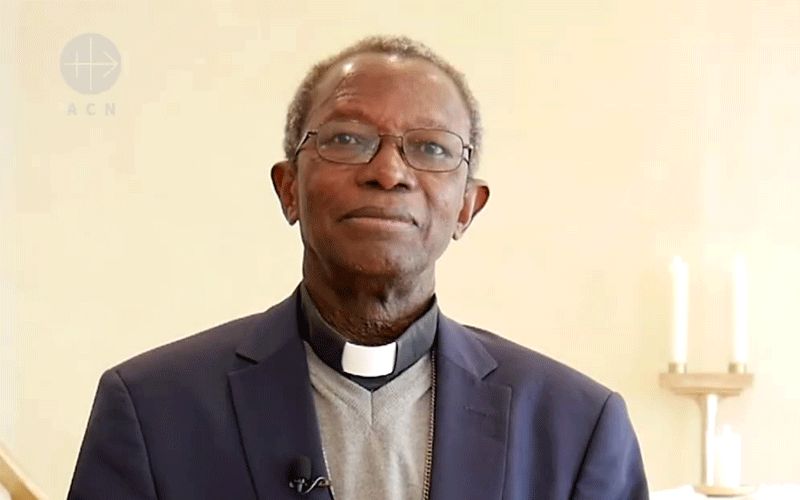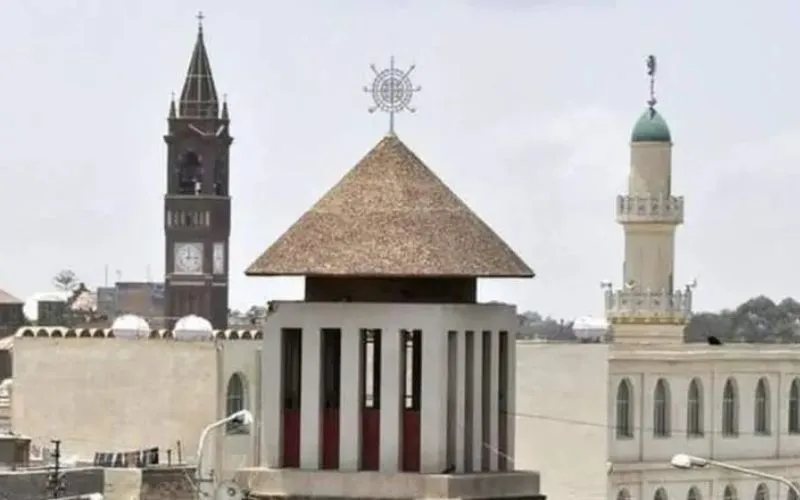“Let us prepare ourselves for the feast of Pentecost and for the birth of a newer and more charismatic Church, open to the world! Let us dare to allow ourselves to be lifted up by the breath of the Holy Spirit, who wishes to make new men and women of us for a new world of love, peace, justice and forgiveness,” he said.
Meanwhile, Bishop Ouédraogo has allayed fears that COVID-19 riots being witnessed in Niger by a section of Muslims could lead to attacks on Christians in the country that has experienced similar incidents in the past.
A number of Muslim groups, led by extremist imams, have not been cooperating with COVID-19 safety regulations imposed by the government, including a ban on social gatherings and that the groups have been on the streets, protesting closure of mosques, ACN has reported.
Local sources close to the Catholic Church have told the international Catholic pastoral charity organization that in addition to the disturbances in the capital in a number of towns not far from Maradi, the second largest city in the country, Muslim groups took to the streets to protest against the ban on Friday prayers and attacked and vandalized government buildings, setting fire to the local school and university.
“There were disturbances, first of all around 10 miles from the town of Zinder, and then in the town itself. Fortunately, the authorities responded rapidly this time, in order to avoid any repetition of the fateful events of January 2015, and called on some of the police in Maradi to strengthen the security within the city and around the Catholic mission there. The city was overwhelmed with the smell of burning tyres and teargas. However, the Catholic mission was undamaged,” a source in the Zinder region, in the southeast of the country, shared with ACN on condition of anonymity.
The riots have allegedly cast fear upon Christians in Niger, who make up a small percentage of the whole population in the country. At 96 percent, a huge number of Nigeriens are Muslims. The rest are Christians who closed their churches following the instruction of the government.
In fact, ACN has reported that before authorities in the country banned public worship on April 12, the Catholic Bishops’ Conference of Burkina and Niger had advised all the Catholic dioceses to suspend public Sunday and daily Masses, as well as prayer meetings in the suburbs and other places, in order to avoid the spread of COVID-19.
Christians in Niger foresee a situation similar to what happened five years ago, when over 45 Christian churches were attacked and burned in Niger in reaction to the publication of the ‘Mohammed cartoons’ in the French satirical magazine Charlie Hebdo.
However, Bishop Ouédraogo does not think there will be a repeat of those events, however, saying that the country, just like everyone else on the globe is battling a health issue and neither a political nor religious conflict.
“The situation with the coronavirus is different from the Charlie Hebdo incident, because this is neither a religious nor a political conflict”, the Bishop says.








